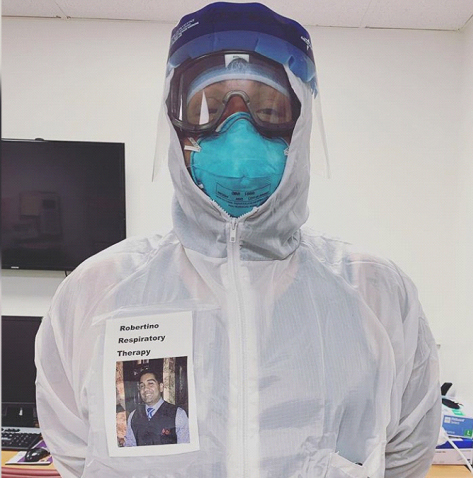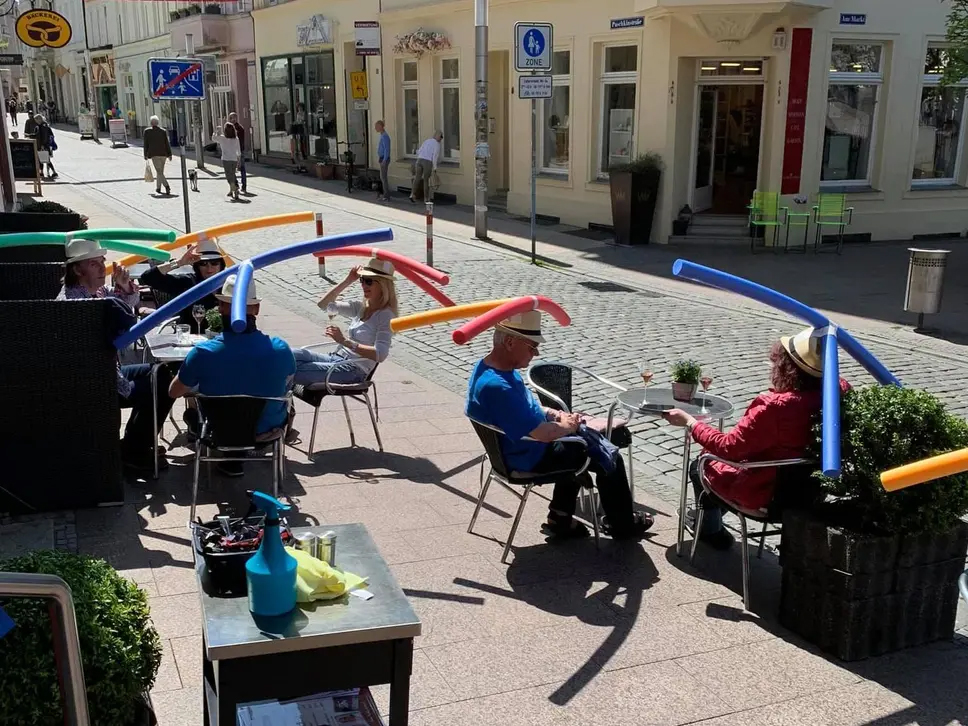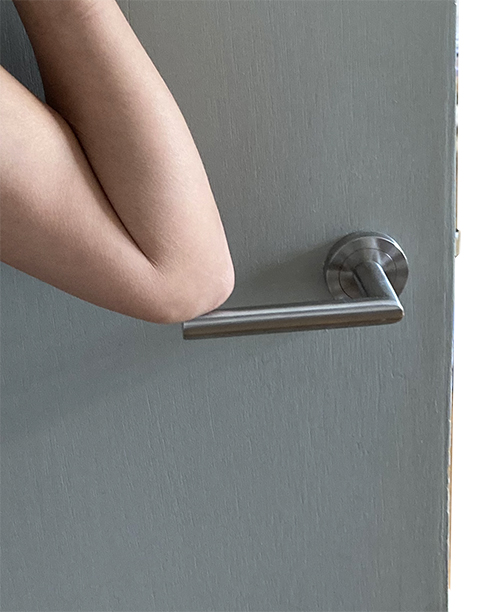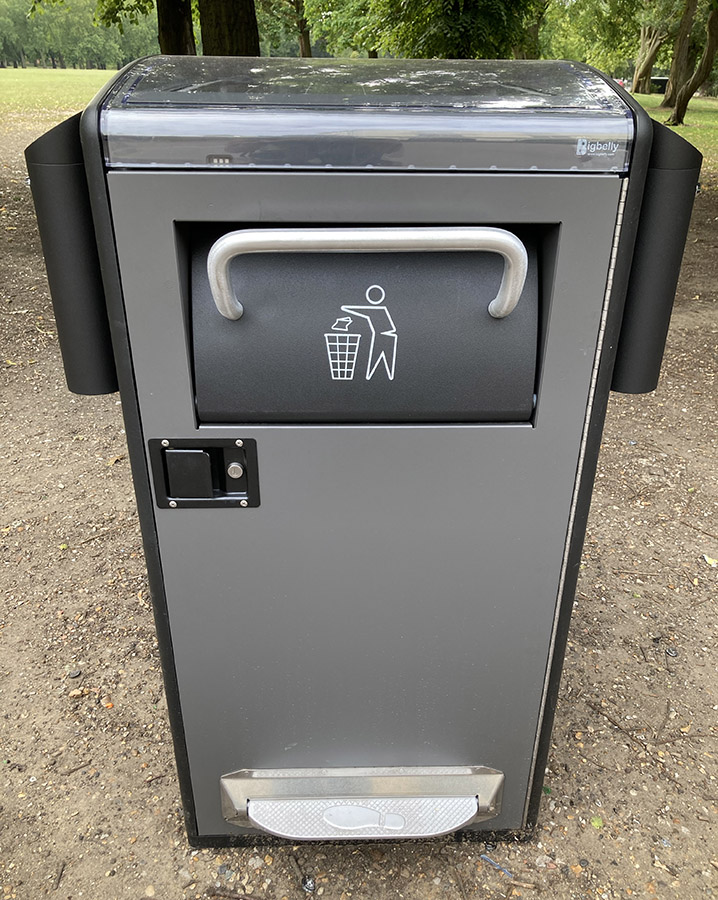When the UK went in to lockdown in March, the creative industries were hit hard, throwing many in to professional uncertainty and financial stress. This inadvertently conveyed the message that although the sector’s contribution to society may be ‘nice to have’, it is surely also ‘non essential’. But the global crisis brought by the Covid-19 pandemic has in fact highlighted the role of design in our world, and how crucial creative thinking and problem solving are in responding to the challenges of this new reality.
This is a fantastic opportunity to champion design in schools, demonstrating to students and staff the power of design to respond and adapt to, solve and rethink a ‘with-Covid’ world.
Soon after lockdown I was asked to remotely deliver a CPD session scheduled to run in Manchester later in the summer. The session, on the Fixperts approach to developing problem solving skills in primary school children, was devised in a pre-Covid world. But given the circumstances, it seemed impossible not to address the unfolding situation and link it to the session’s theme.
 For inspiration, we looked at some of the responses already popping up around the world to confront the evolving crisis: the PPE-clad doctor (photo: instagram) who, to reassure his anxious patients, improvised a photo-badge of his smiling face; a café requiring customers wear social distancing hats; (photo: facebook) simple demarcations ensuring a queue adheres to social distancing. (photo: Reuters/Navesh Chitrakar)
For inspiration, we looked at some of the responses already popping up around the world to confront the evolving crisis: the PPE-clad doctor (photo: instagram) who, to reassure his anxious patients, improvised a photo-badge of his smiling face; a café requiring customers wear social distancing hats; (photo: facebook) simple demarcations ensuring a queue adheres to social distancing. (photo: Reuters/Navesh Chitrakar)

 Although as time passes these immediate needs are slowly giving way to a better understanding of the challenges the world now faces, they also offer us a chance to practise our own problem solving skills. In our session I asked the participating teachers to think of ways to aid opening and closing doors without touching the door handles. As everyone had a door handle near by, they could easily analyse the problem, then prototype and test their solutions using very basic materials (an essential requirement with participants joining from their home setting with no access to specialty equipment).
Although as time passes these immediate needs are slowly giving way to a better understanding of the challenges the world now faces, they also offer us a chance to practise our own problem solving skills. In our session I asked the participating teachers to think of ways to aid opening and closing doors without touching the door handles. As everyone had a door handle near by, they could easily analyse the problem, then prototype and test their solutions using very basic materials (an essential requirement with participants joining from their home setting with no access to specialty equipment).

We are still far from grasping the full extent of the impact the pandemic will have on our daily lives for years to come. This is why engaging students to think about this impact, and to creatively and critically explore ways of responding to needs and opportunities arising from it, is a must.
For examples of designers’ responses to a similar brief, take a look at this Dezeen feature
